Kamala Harris is a force to be reckoned with. That much was clear years ago, but as she digs her teeth into an increasingly popular campaign for president, it’s becoming even more obvious.
It’s also starting to scare her opponents on the right, who are finding themselves at an overall loss when it comes to avenues of attack. The party of petulant provocation is working hard to uncover any and every excuse to disparage the Democratic nominee for president, but time and again they come up short. Harris is a dedicated public servant with a shining resume loaded with impressive accomplishments, while her opponent is a draft-dodging diaper-donning dingbat who has made disrespect his primary platform.
Donald Trump’s campaign has been scrambling for any excuse to attack Harris from the very start, and a frequently failed target is her prosecution record. Harris spent years working as both San Francisco District Attorney and California Attorney General, and in that time she laid the groundwork for the campaign that’s currently leaving Don in the dust.
Kamala Harris’ biggest prosecutorial takeaways
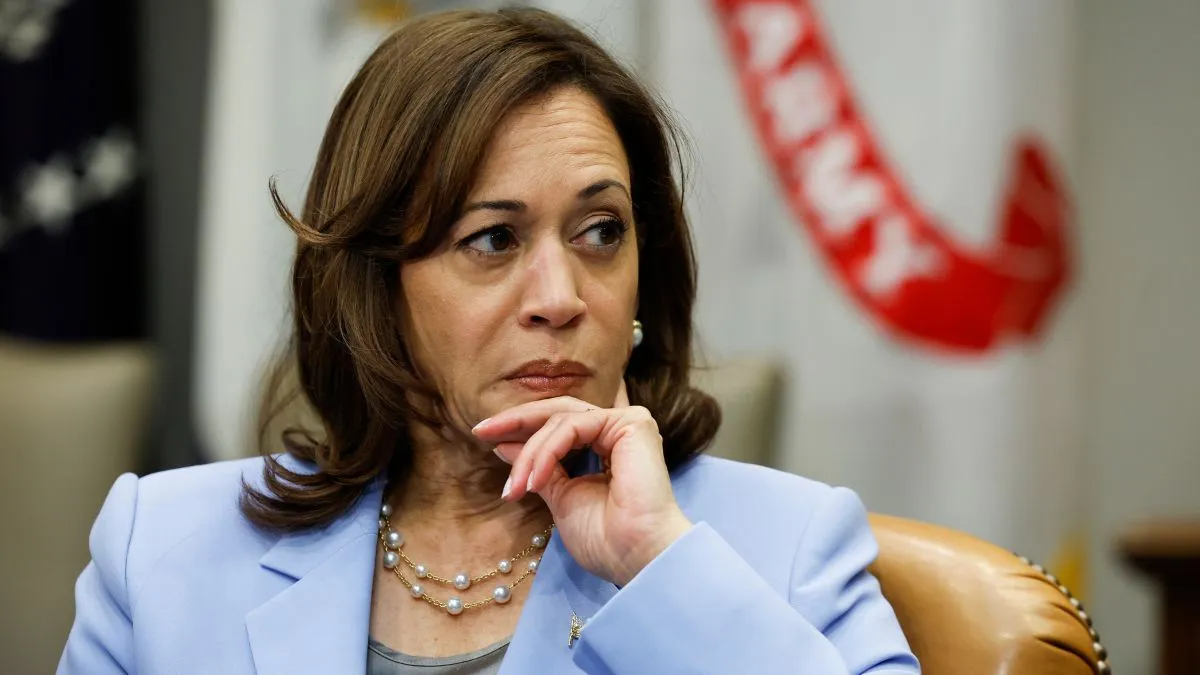
As noted by former federal prosecutor Ankush Khardori, “The actual work of prosecutors is much trickier than political commentators — and even prosecutors themselves — often portray it in the political arena.” As a result, it can be hard to disseminate what elements of their records are too complex for a layman to understand, and which are worthy of examination to better understand their priorities.
We’ll be looking at a few standout moments in Kamala Harris’ career as a prosecutor since detailing them all would be far too intensive. Leaning on reporting from the Marshall Project, a nonprofit journalistic pursuit dedicated to reporting on criminal justice, we’re set to examine six major moments that highlight Harris’ past as a prosecutor.
The death penalty is a major talking point in any election, as it tends to boast utterly polarized opinions across party and moral lines. Harris has been against the death penalty since her earliest days as a district attorney, something that initially strained her relationship with law enforcement groups. When push came to shove during her time as a state attorney general, however, Harris put the law above her personal beliefs. She found a federal appeal working to ban the death penalty in California “legally flawed,” — something the 9th U.S. Circuit Court of Appeals agreed with — and ultimately slapped it down.
Harris’ singleminded pursuit of more mindful and fair legal consequences reaches back to the mid-2000s, when she initiated the Back on Track diversion program, which was intended to assist first-time offenders between 18 and 30 facing drug charges. Offenders were inserted into a program that elevated their job skills, engaged in community service, and aided in finding them school programs or work, and — if they were successful — ultimately tossed out guilty verdicts and cleaned up their records.
These examples showcase how dedicated Harris has long been to defending innocence and pursuing truth in law, but she’s not perfect. She’s made plenty of mistakes over the years, including with San Francisco’s Jamal Trulove, who was framed by police and served six years before the scheme was uncovered. It was Harris’ stamp that landed him with those six years in prison, but she’s made efforts in the years since to inject more care and caution for future cases.
One of her most impressive accomplishments saw Harris secure a staggering $25 billion settlement for California after the 2009 financial crisis. She walked away from the initial deal, which would have won the state only $4 billion, and the same grit and backbone we’re seeing on the campaign trail ultimately led her to claim a massive victory in the case.
That grit extends to nearly everything, and even has crossover with the big selling point of Harris’ VP pick. Tim Walz was an educator for years before becoming a politician, and Harris’ work regarding truancy helped to ensure that parents who fail their children when it comes to education faced punishments. If elementary-aged kids were missing dozens of days of school — “60 to 80 days out of a 180-day school year,” according to Harris — their parents faced consequences, all to better education and accountability among parents.
Which brings me to one final point. It’s a more modern discussion, but a vital one, and it will inevitably take center stage at some point, what with the rampant transphobia sweeping across the globe. During her time as attorney general, Harris negotiated to allow some incarcerated people to pursue gender affirmation surgery while in prison. That same care for people’s gender identity will hopefully extend to the White House, and see Harris pursue further protections for trans people in the future.
This is just the tip of the iceberg when it comes to Harris’ prosecutorial record. She served as San Francisco’s DA from 2004 to 2011, and then as California’s attorney general from 2011 to 2017, leaving her with a decade and a half worth of successes and failures to look back on. The most important trend across that time was the compassion Harris brought to the table. As noted above, she made plenty of mistakes — as do we all — while in both positions, but she frequently showed that she had the best intentions. That’s something we’re likely to see continue through her presidential campaign, and even onto the White House, should she win this November.

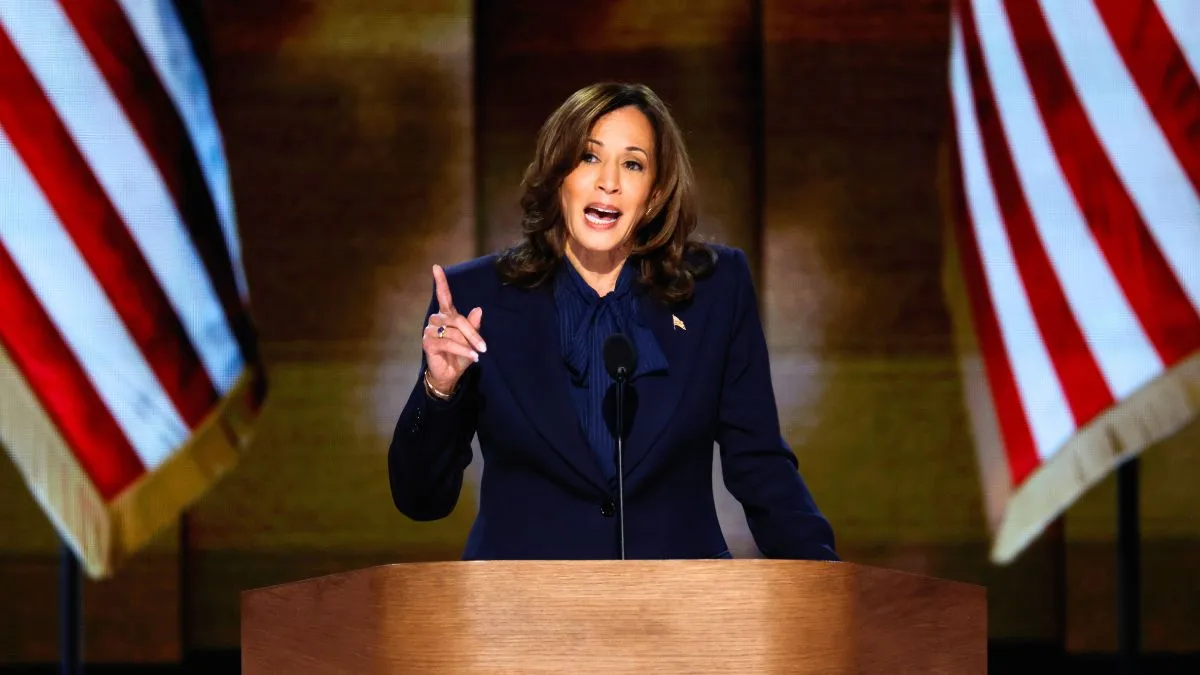
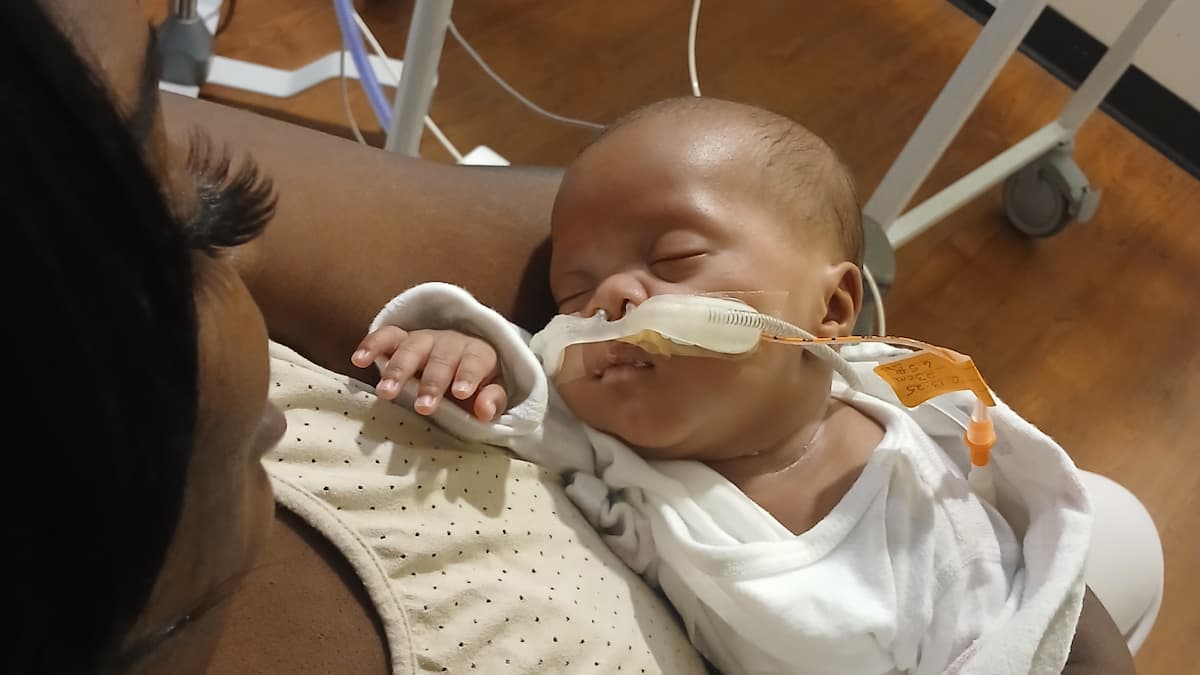

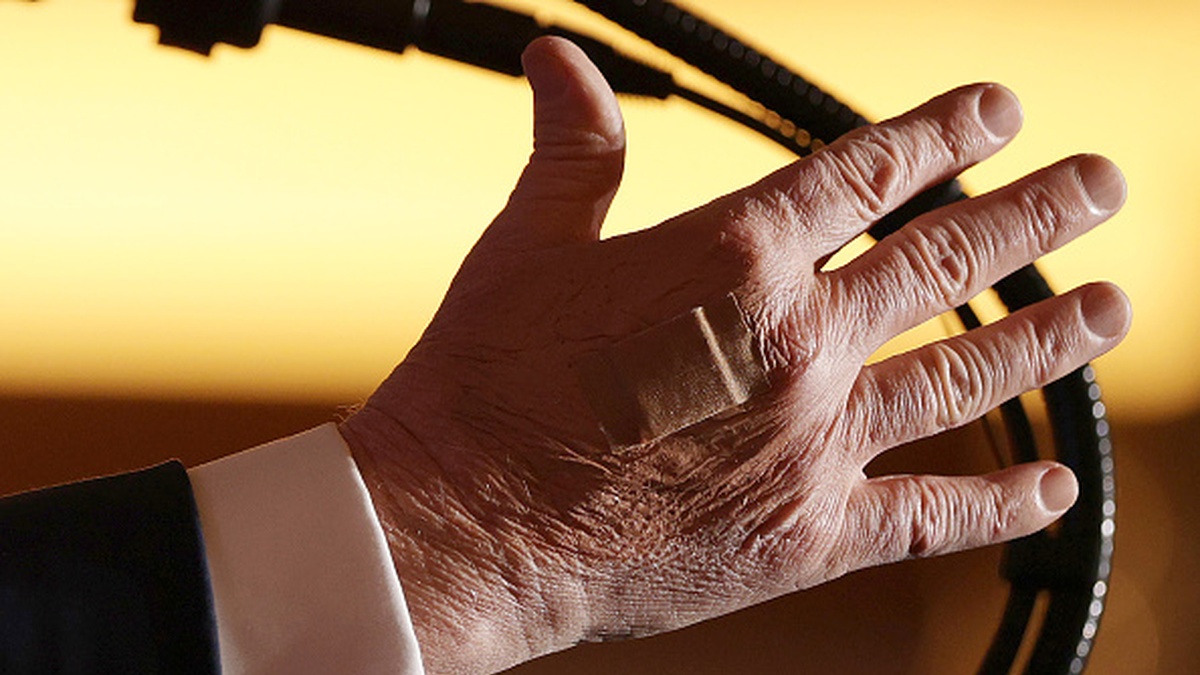
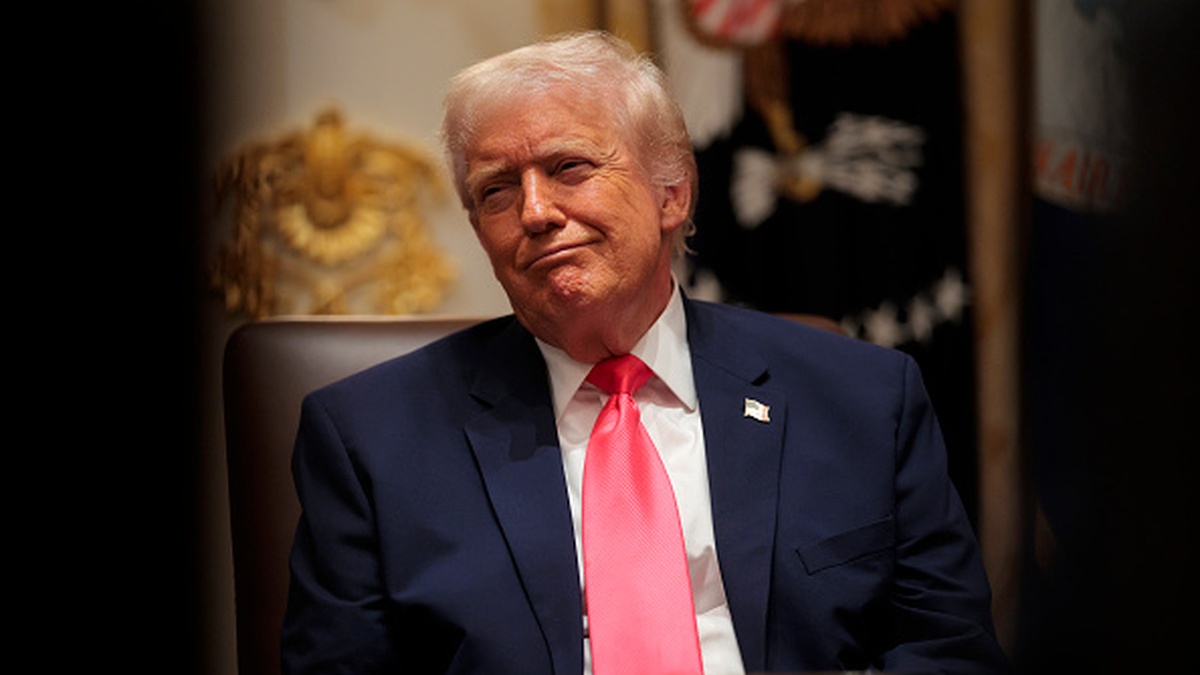
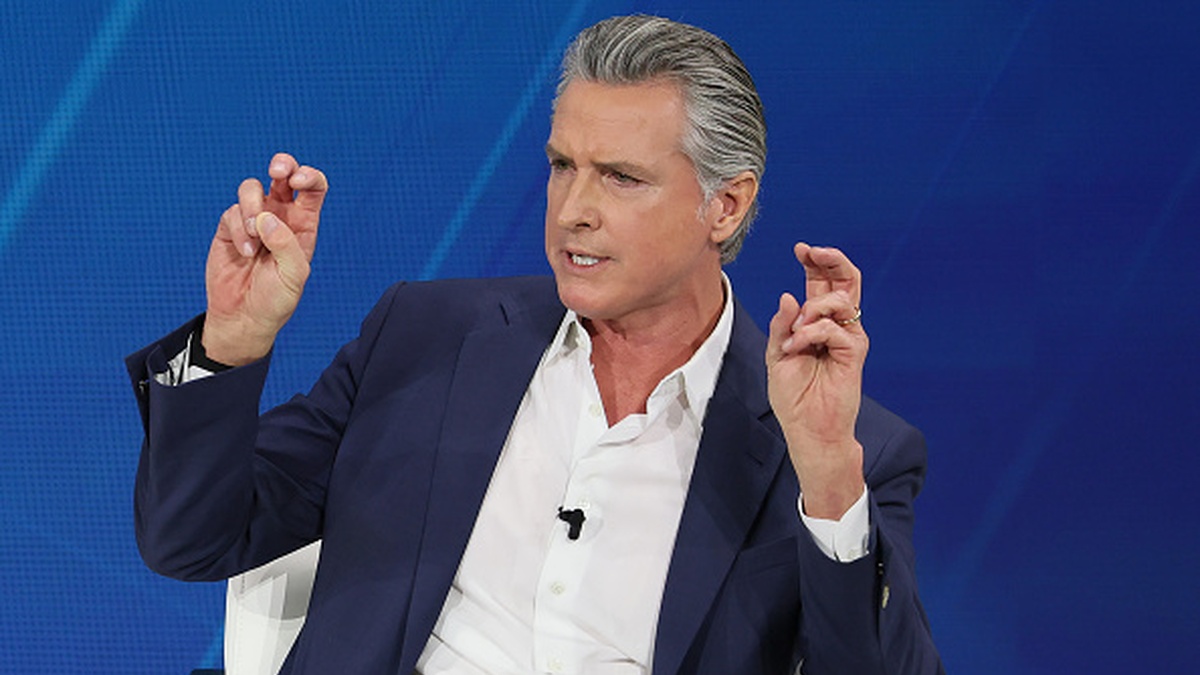
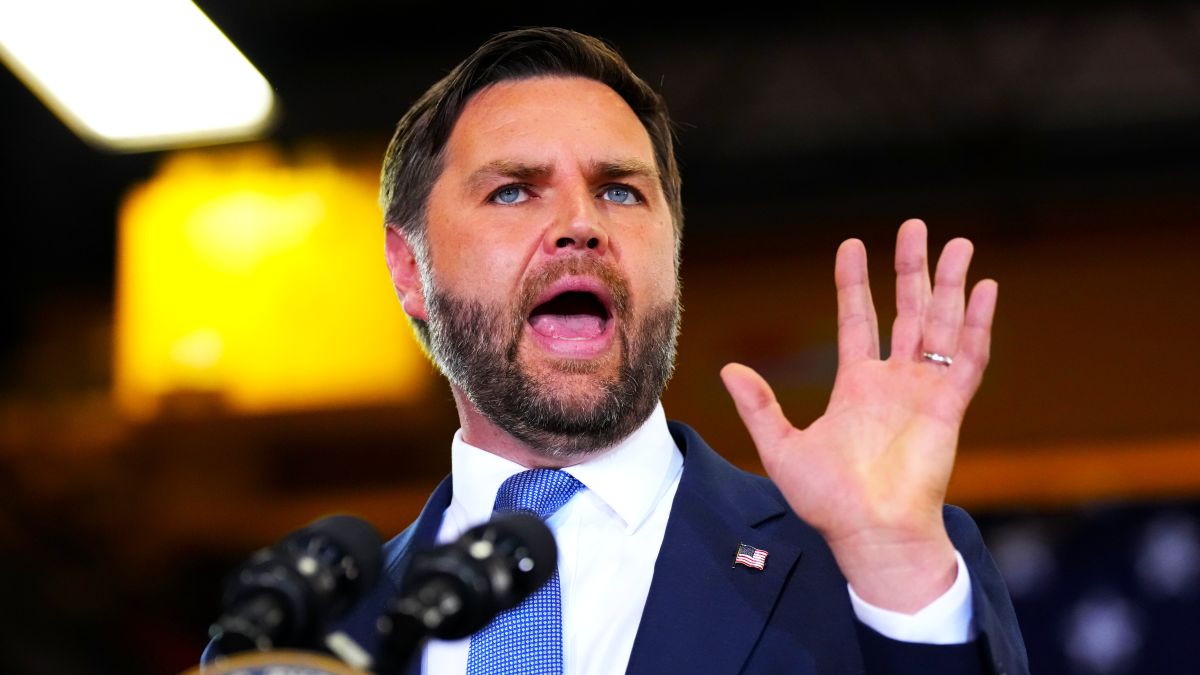
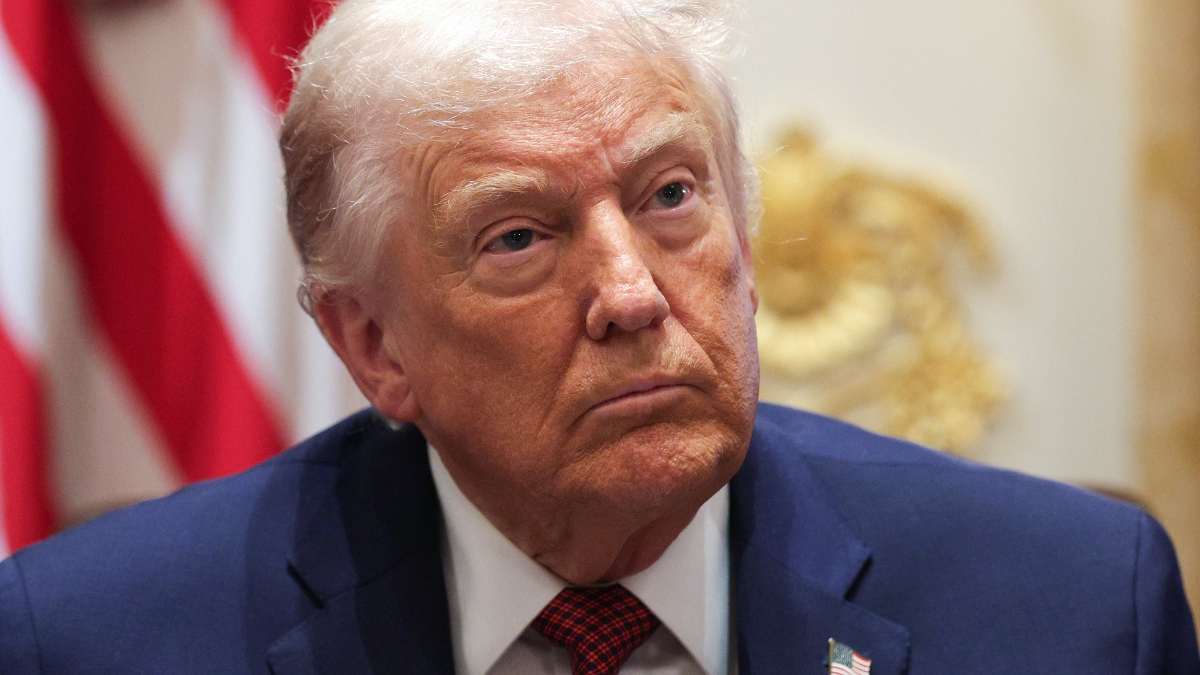


Published: Aug 28, 2024 10:02 am